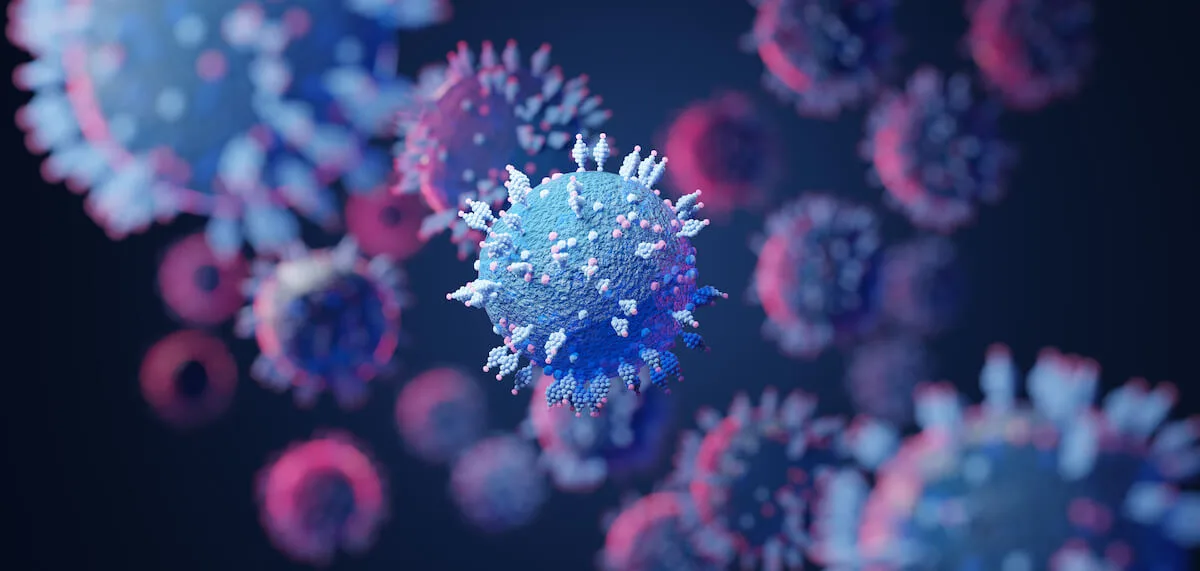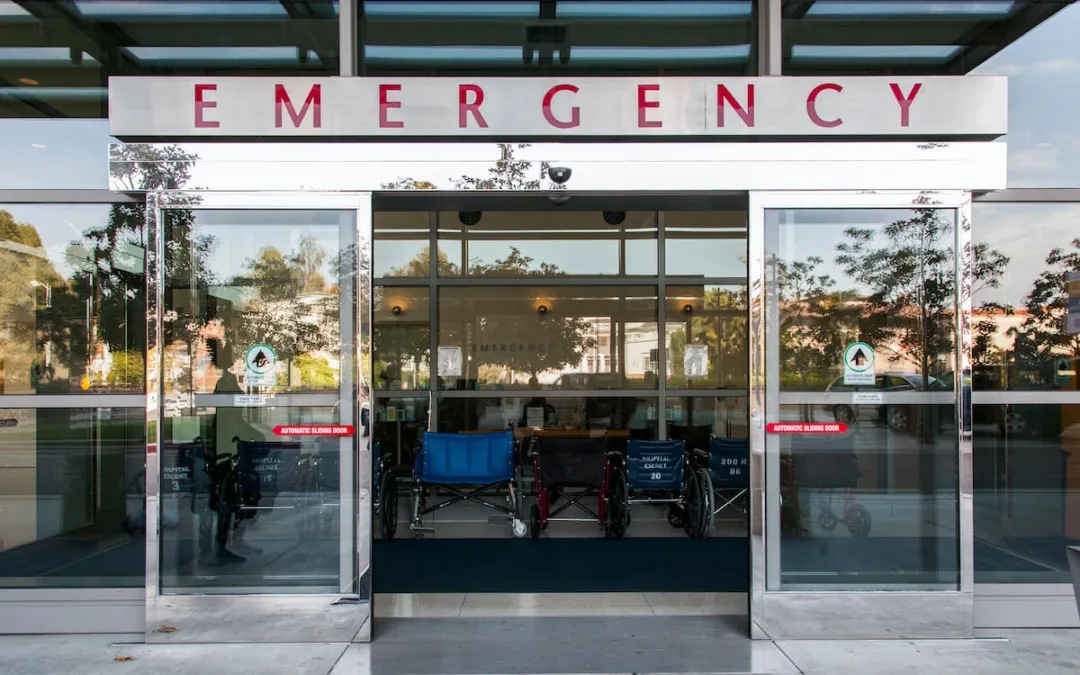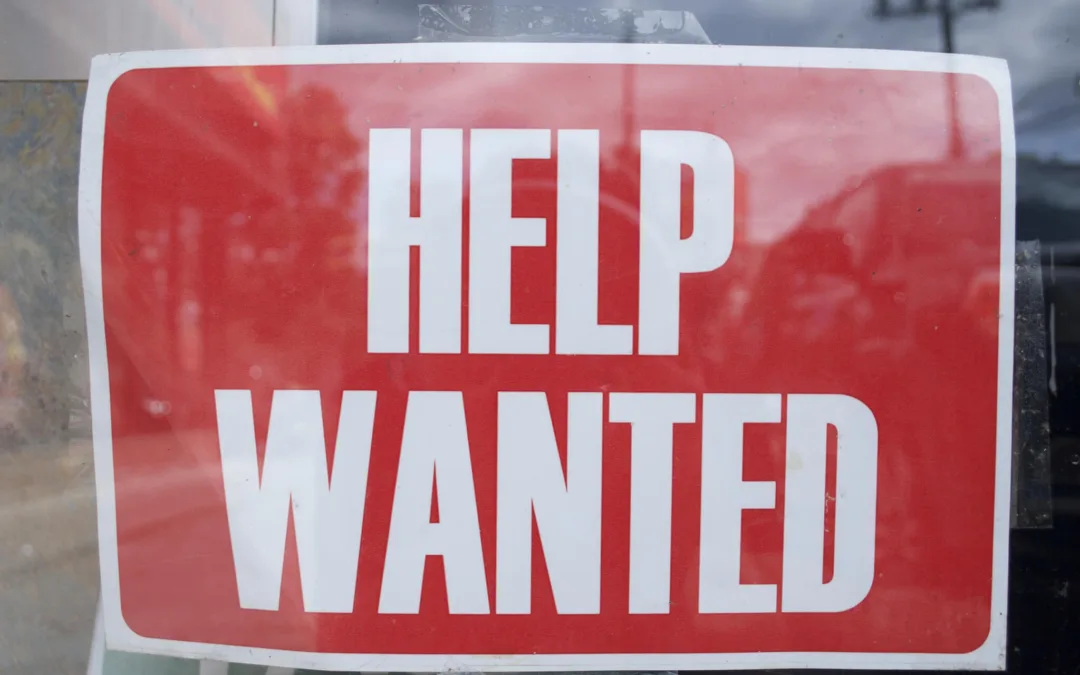
#image_title
#image_title
Certain chronic and pre-existing conditions may be at the top of the next list.
Between President Joe Biden’s push for increased vaccine production from Pfizer and Moderna, and Johnson & Johnson’s new vaccine getting a boost with extra production from Merkt, health officials in Wisconsin feel better about forming the next priority group to get protection from COVID-19.
During a Thursday press briefing, Deputy Secretary Julie Willems Van Dijk of the state Department of Health Services (DHS) said the upcoming Group 1C will include individuals with pre-existing conditions who are 16 to 64 years of age, as recommended by the Centers for Disease Control and Prevention. The details of which pre-existing conditions will be included are still being worked out.
DHS plans to announce in the next week or two when that group will become eligible for vaccinations. Biden announced that the US will have enough vaccine supply for every adult by May, but distribution may still take some time.
So far, 48,000 doses of the J&J vaccine have been allocated to Wisconsin, but Willems Van Dijk said the next shipments probably won’t be ready until the end of March.
More than 1.5 million Wisconsinites have received at least one dose of vaccine, according to DHS, and 548,343 are fully vaccinated as of Thursday morning. The figure is coming closer to eclipsing the total number of COVID-19 cases reported in Wisconsin since the pandemic began (565,808). More than one-quarter of Wisconsinites who are 65 and older have been fully vaccinated.
As of Thursday, the state’s coronavirus death toll has reached 6,470, according to DHS statistics.
Back to normal?
Willems Van Dijk urged Wisconsinites to still take precautionary measures since the state is seeing more cases of the B11 variant, which was first identified in the United Kingdom.
Given the growing number of variant cases, Willems Van Dijk was asked if she was concerned that the city of Milwaukee and Dane County have both announced loosening restrictions on public gatherings, and the Milwaukee Brewers have announced fans will be able to attend games.
Willems Van Dijk pointed out that American Family Field (formerly Miller Park) is an outdoor space, masking will still be required, and at 25% capacity, there will be plenty of room for social distancing. Similarly museums, while indoors, are large spaces that will require masks, offer hand sanitizer, and at a limited capacity, will accommodate social distancing. Re-opening, in general, would need to be done in phases with reasonable accommodations, she said.
“I don’t think we go from no socializing, no activities to everything is normal,” Willems Van Dijk said. “We’re going to go step by step by step.”
Some nursing homes and long-term care facilities have also begun to allow limited visitations. As new cases continue to decrease and as the weather gets warmer, eventually more visitors could be permitted for outdoor visits. Again, Willems Van Dijk said the changes would be gradual and take time.
“We’re not going to go from no visitors to open visitation,” she said. “As we, again, see disease rates declining as we see test positivity declining and as we see more and more people receiving vaccine, I know our long-term care facilities are looking very closely at how they can open up visitation for more of their residents.”
Politics

6 terrifying things that could happen if the Comstock Act is used to target abortion
Does 1873 sound like a really, really long time ago? Well, that’s because it is—but if Republicans and far-right anti-abortion activists have their...

Opinion: Many reasons why young adults should refuse to let Republicans kill the Affordable Care Act
In this op-ed, University of Wisconsin Medical School student, Samantha Crowley, shares the importance of young adults protecting the Affordable...
Local News

Stop and smell these native Wisconsin flowers this Earth Day
Spring has sprung — and here in Wisconsin, the signs are everywhere! From warmer weather and longer days to birds returning to your backyard trees....

Your guide to the 2024 Blue Ox Music Festival in Eau Claire
Eau Claire and art go hand in hand. The city is home to a multitude of sculptures, murals, and music events — including several annual showcases,...




